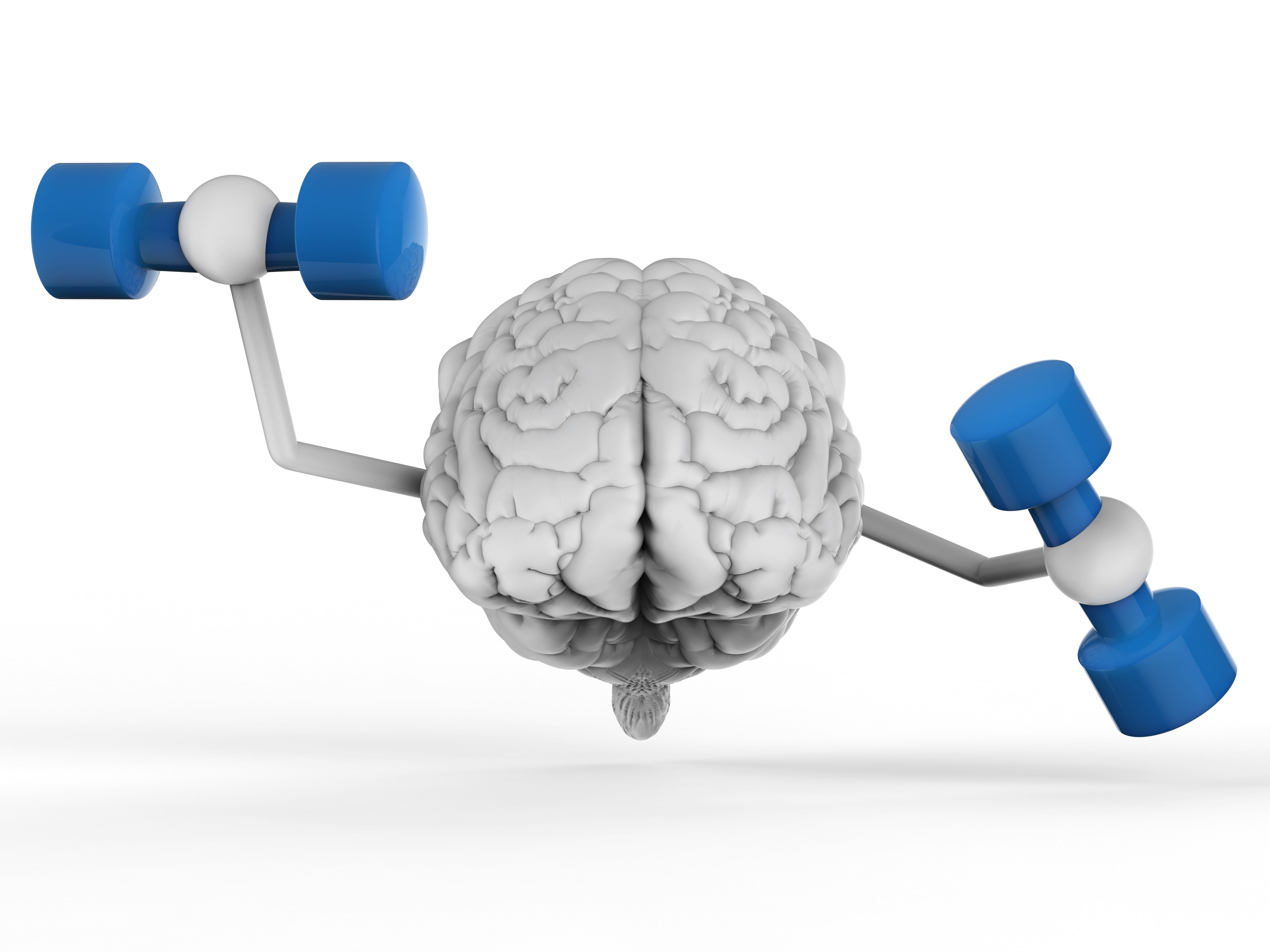🧠 Creatine and Brain Health: Unlocking Cognitive Potential

Creatine is widely recognised for its role in enhancing athletic performance, but emerging research suggests it may also have significant benefits for brain health. Traditionally associated with muscle energy metabolism, creatine is now being studied for its potential to support cognitive function, particularly in aging adults and those experiencing neurological stressors.
⚡ What Is Creatine?
Creatine is a naturally occurring compound synthesised from amino acids in the body. It is stored in muscles and the brain, where it plays a crucial role in energy production by facilitating the recycling of adenosine triphosphate (ATP), the primary energy carrier in cells. This function is vital during periods of high energy demand, such as intense physical activity or cognitive tasks.
🧪 Research Insights on Creatine and Cognitive Function
Recent studies have explored the impact of creatine supplementation on various aspects of cognitive performance:
- Memory Enhancement: A systematic review and meta-analysis published in Frontiers in Nutrition analysed 16 randomised controlled trials involving 492 participants. The findings indicated that creatine supplementation significantly improved memory performance, with a moderate level of evidence supporting this effect PubMed.
- Attention and Processing Speed: The same meta-analysis reported improvements in attention and information processing speed following creatine supplementation. These enhancements were particularly notable in individuals aged 18–60 years and females, suggesting that certain demographics may experience more pronounced benefits PubMed.
- Alzheimer's Disease: A pilot study published in Frontiers in Aging Neuroscience investigated the feasibility of creatine supplementation in patients with Alzheimer's disease. Results showed that creatine monohydrate was well-tolerated and led to increased brain creatine levels, along with improvements in cognitive test scores, including global cognition and fluid intelligence PubMed.
🧠 Mechanisms Behind Cognitive Benefits
Creatine's potential cognitive benefits are thought to stem from its ability to enhance brain energy metabolism. During periods of mental fatigue or stress, the brain's demand for ATP increases. Supplementing with creatine may help meet this demand, thereby supporting cognitive processes such as memory, attention, and information processing speed PubMed.
✅ Safety and Dosage
Creatine supplementation is generally considered safe when used appropriately. The most common form used in studies is creatine monohydrate. Typical dosing regimens involve an initial loading phase of 20 grams per day for 5–7 days, followed by a maintenance dose of 3–5 grams per day. It's advisable to consult with a healthcare professional before starting supplementation, especially for individuals with underlying health conditions.
🔍 Finally...
Emerging evidence supports the idea that creatine supplementation may offer cognitive benefits, particularly in areas such as memory, attention, and processing speed. While more research is needed to fully understand the mechanisms and long-term effects, current findings suggest that creatine could be a valuable supplement for brain health, especially in aging populations or those experiencing cognitive decline.



